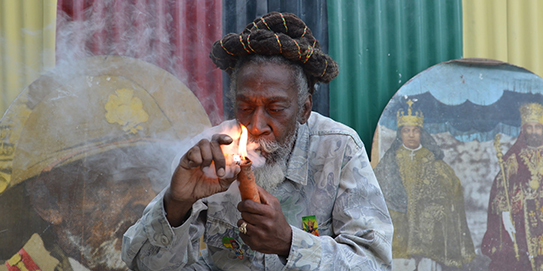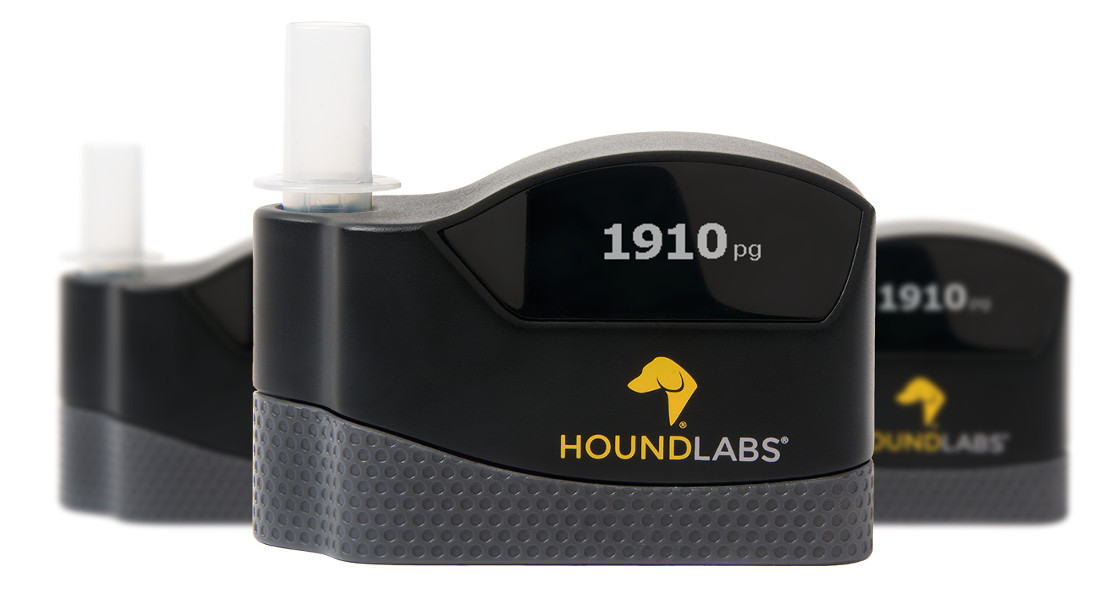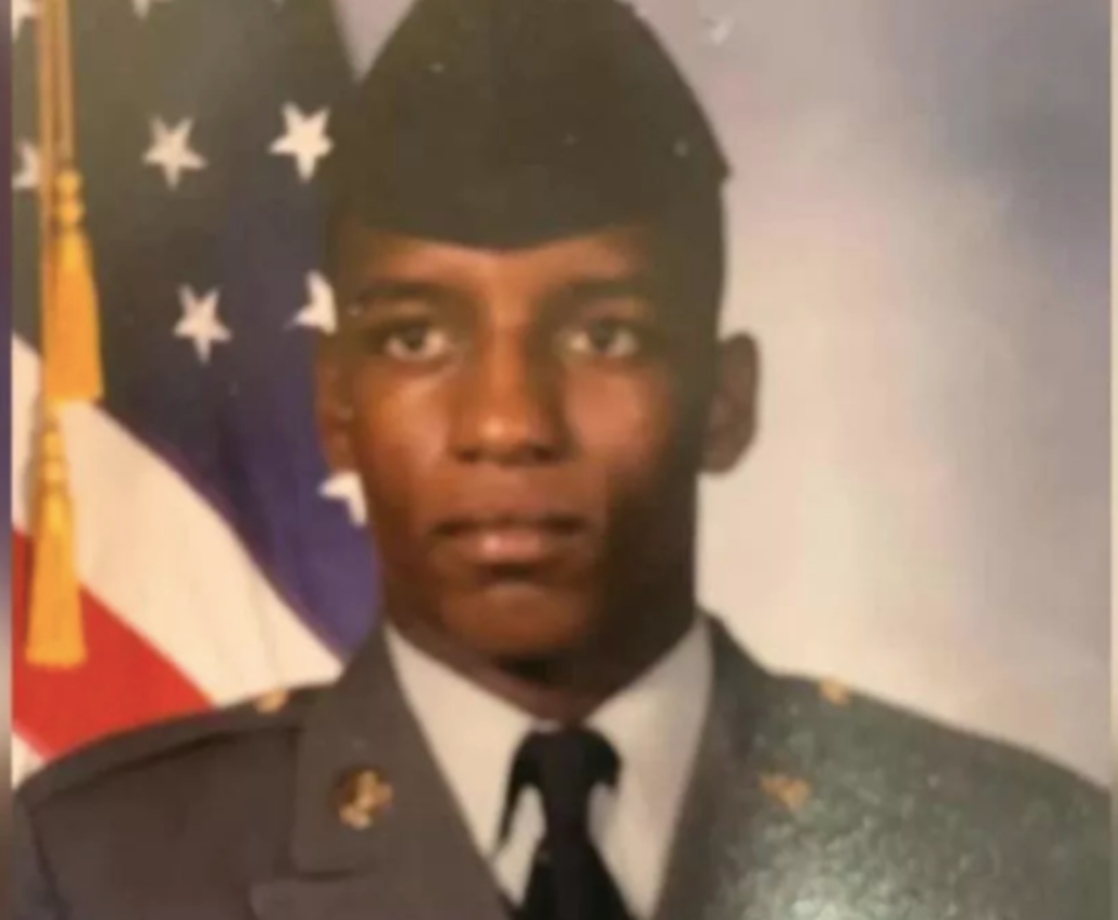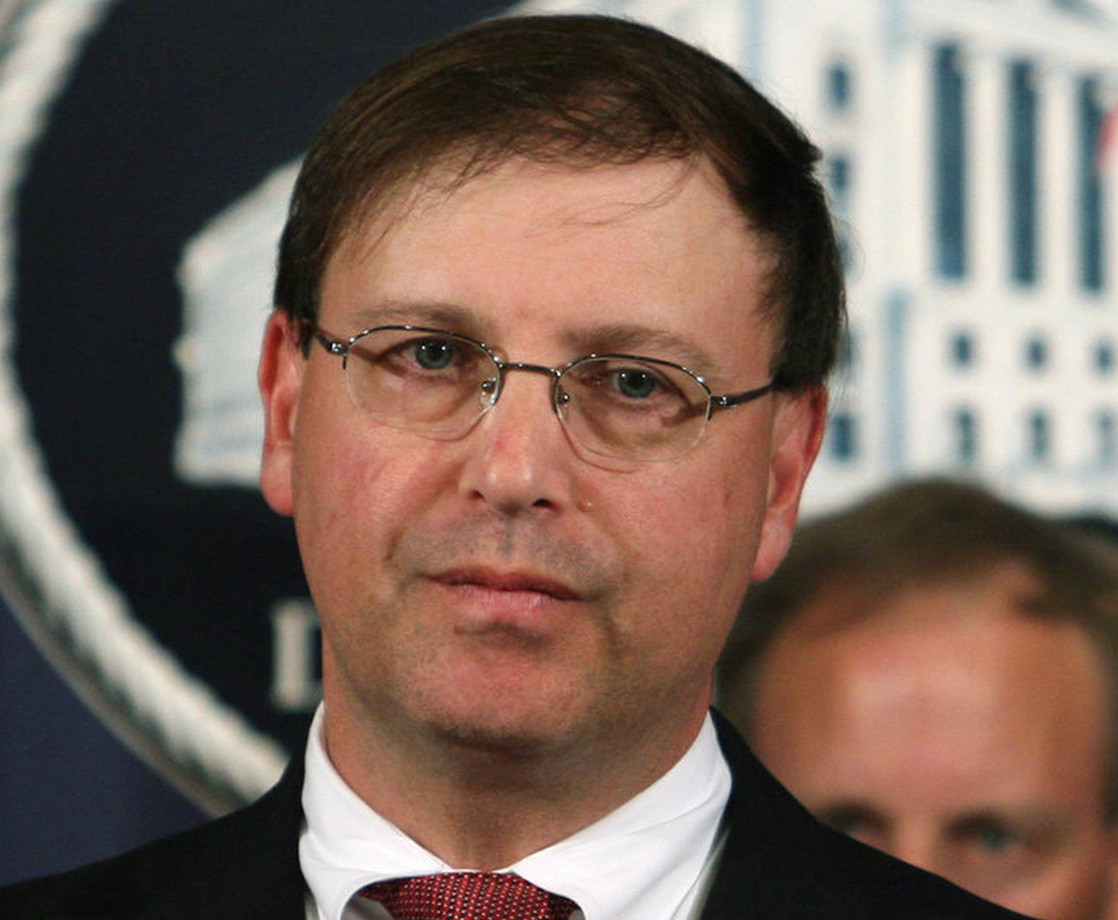To the casual observer, Jamaica is one of the cultural epicenters of cannabis. Homeland of Bob Marley, Bunny Wailer, Peter Tosh and hundreds of other vocal cannabis activists, birthplace of the Rastafari movement and a country where nearly 10% of the population are regular cannabis users, Jamaica has nonetheless been slow in accepting cannabis as a part of mainstream society.
But on April 29, 2015, a solemn ceremony was held at the University of the West Indies, where no less a personality than Dr. Martin Luther King, Jr. spoke in 1965, a single cannabis plant was placed into the legendarily fertile Jamaican soil, marking the first time such a plant would enjoy full legal protection on the island. After the passage of the Dangerous Drugs (Amendment) Act of 2015, the production of medical marijuana became legal in Jamaica, and practitioners of Rastafari can smoke “herb” for religious purposes without fear of harassment. This latter point is particularly important to members of the movement, who use cannabis as part of their “reasoning sessions,” essential to the practice of their faith, since the more conservative upper class element of Jamaican society, represented in the ghetto by the police, had made a habit of arresting and sometimes brutally beating rastas for possession of herb.
Under the new laws, possession of up to two ounces is a petty offense that results in a small fine and no criminal record, and cultivation of five plants on any premises. National security minister Peter Bunting made it clear that new legislation with regards to personal possession in no way meant a softening of Jamaica’s stance towards drug trafficking. Moving cannabis in and out of the country will still be a harshly punishable offense, which is a pretty standard caveat of decriminalization from Colorado to Uruguay. But the biggest fallout from the new law might not be in the amount of people possessing cannabis right away, but in the potential for a unique Jamaican cannabis industry in the future.
"Now that they can actually cultivate for research purposes, we can expect that the outcomes of the endeavours will be more profound, and with the economic opportunities that this will bring, we see this as part of what, I hope, will be a transformational industry for Jamaica," Justice Minister Mark Golding said according to The Cannabist. And as the industry itself begins to gain steam, Jamaica will benefit from the added bonus of allowing tourists with medical cannabis authorization in their home country to purchase cannabis while on vacation in Jamaica. Though ganja and its easy availability in Jamaica have been key selling points for tourists for decades, bringing the island’s most massive black market at least part of the way above ground will likely show the people and the government of Jamaica that legalization will not lead to crime and desperation, but rather to increased tourism and prosperity along with a decreased arrest rate as have been seen in Colorado and other legal jurisdictions.
After taking this crucial first step towards complete legalization, Jamaica will likely sit back and wait for any negative repercussions. Barring any, this could very well be the legislation that paves the way for Jamaica’s vast unspoken cannabis economy to provide a much-needed boom through legitimate industry. As more and more tourists find that the political climate of one of the world’s cultural cannabis capitals is beginning to match the practical climate, ganja will become more than just the butt of “Every’ting gonna be irie mon” jokes and negative stereotypes—it could very well be the cash crop Jamaica needs.











